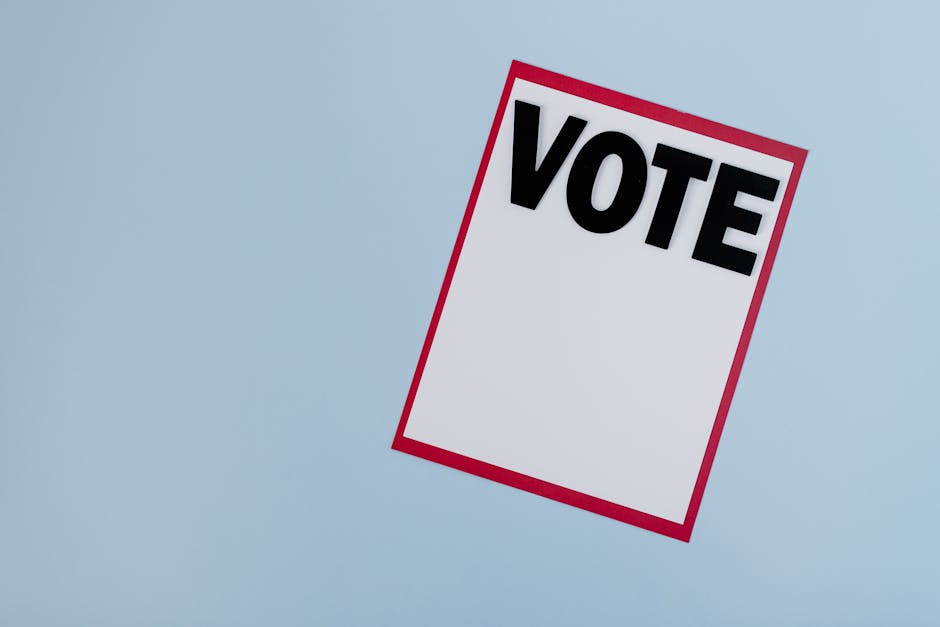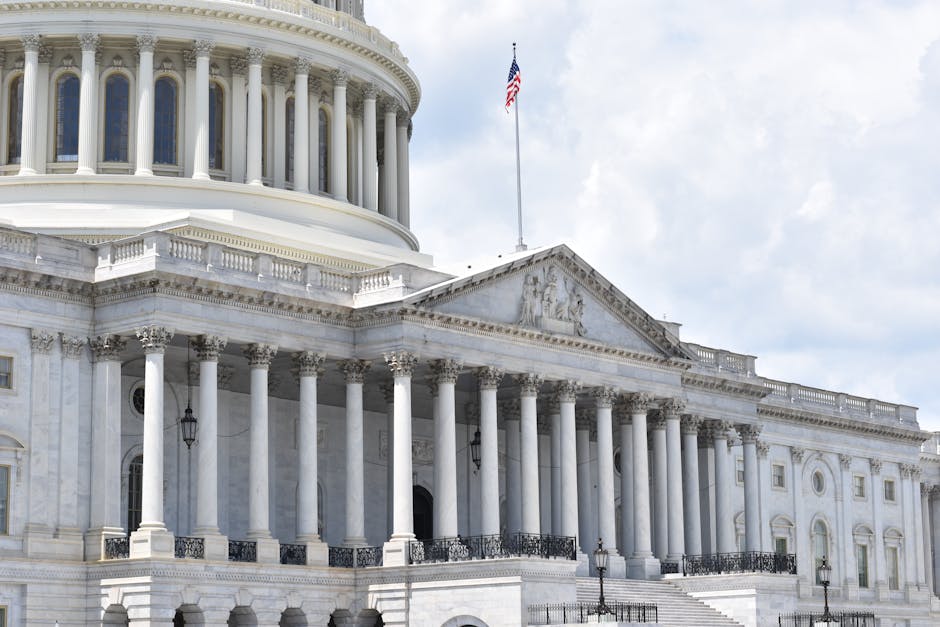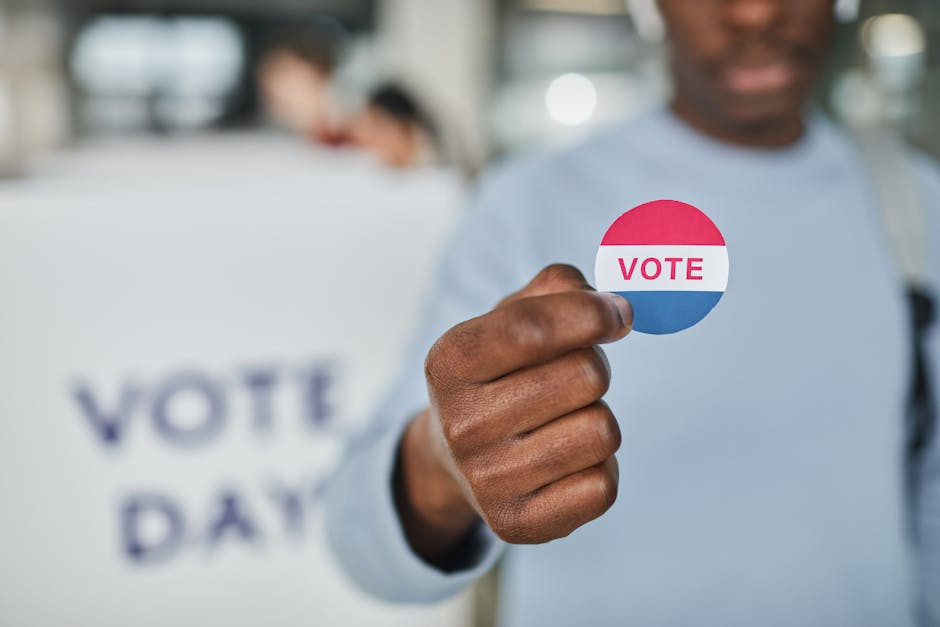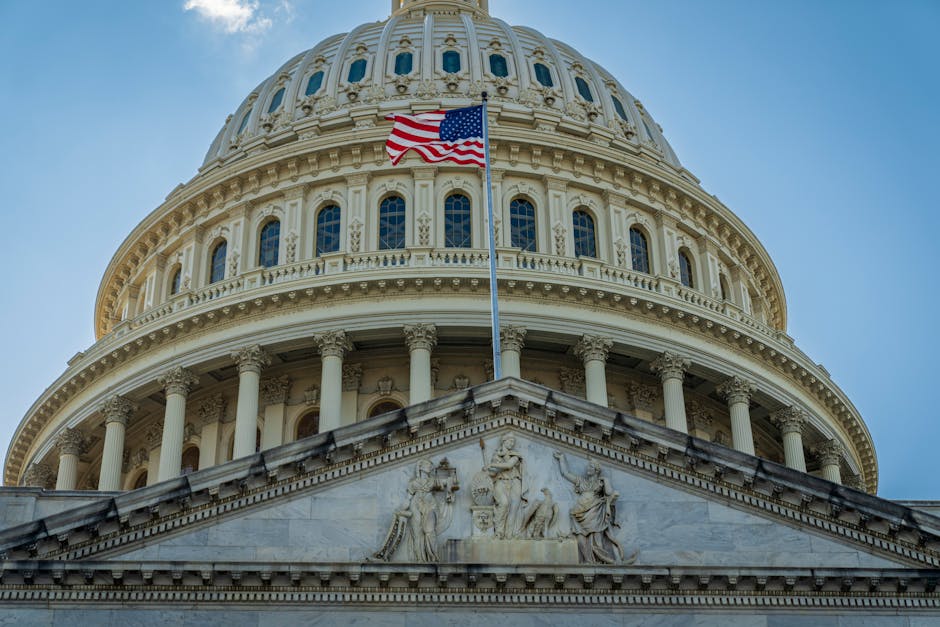Politics & Government
-

Which factors contribute to political instability?
Political instability, a state characterized by recurring crises, violence, and a lack of predictable governance, plagues many nations globally. Its roots are complex and interwoven, stemming from a confluence of…
-

Does public opinion influence policy decisions?
One crucial pathway lies in electoral processes. Politicians, particularly those in directly elected positions, are acutely aware of their constituents’ views. Surveys, polls, and focus groups provide valuable insights into…
-

Why is political corruption a persistent problem?
A primary contributor to the problem lies in weak institutional frameworks. Many nations lack robust mechanisms for transparency and accountability. Opaque processes in government budgeting, procurement, and contracting create fertile…
-

What are the benefits of a federal system?
Firstly, federalism fosters a more responsive and representative government. By dividing power, it allows for a closer connection between citizens and their governing bodies. Regional variations in needs and preferences,…
-

How can political polarization be reduced?
Political polarization, the divergence of political attitudes toward ideological extremes, poses a significant threat to democratic governance and societal cohesion. Its corrosive effects manifest in gridlock, diminished public trust, and…
-

What role should government play in healthcare?
A fundamental question concerns the degree of government intervention. At one extreme lies a completely privatized system, where healthcare is entirely market-driven. Individuals purchase insurance and services directly, with minimal…
-

Why do voter turnout rates vary?
A significant predictor of voter turnout is socio-economic status. Individuals with higher levels of education, income, and occupational prestige tend to vote at higher rates than those with lower socio-economic…
-

What are the limits of executive power?
A fundamental constraint on executive power emanates from the constitution itself. Constitutional frameworks, by their very nature, establish a system of divided powers, often separating legislative, executive, and judicial functions.…
-

What are the impacts of gerrymandering on elections?
Political cartography, the seemingly innocuous practice of drawing electoral district boundaries, holds significant sway over the fairness and competitiveness of elections. Manipulating these boundaries, a process known as gerrymandering, profoundly…
-

Which challenges confront representative democracy today?
A central challenge stems from declining public trust in government institutions. Decades of political scandals, perceived corruption, and the widening gap between the political elite and the citizenry have eroded…